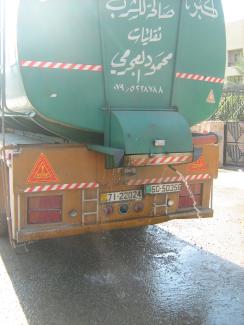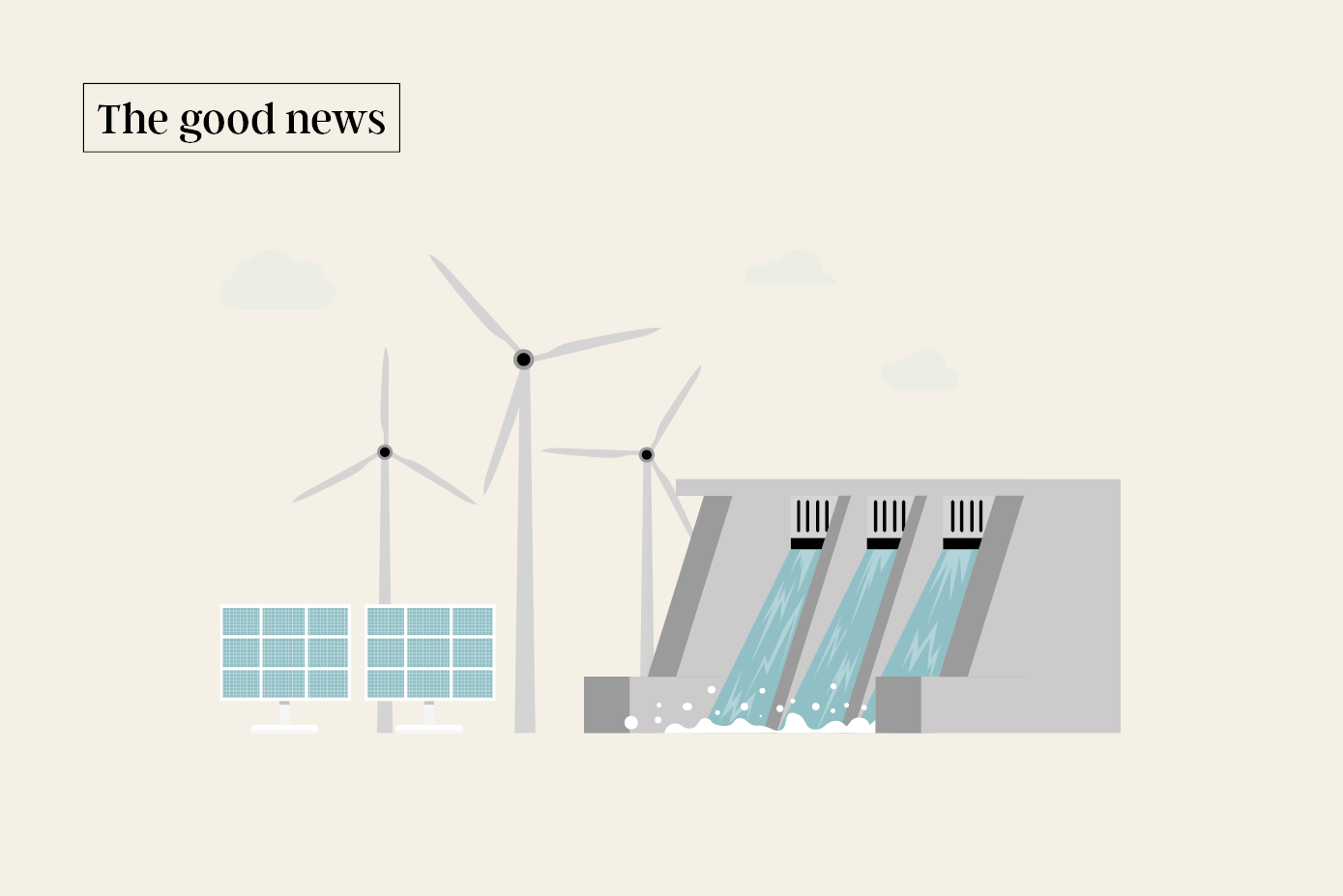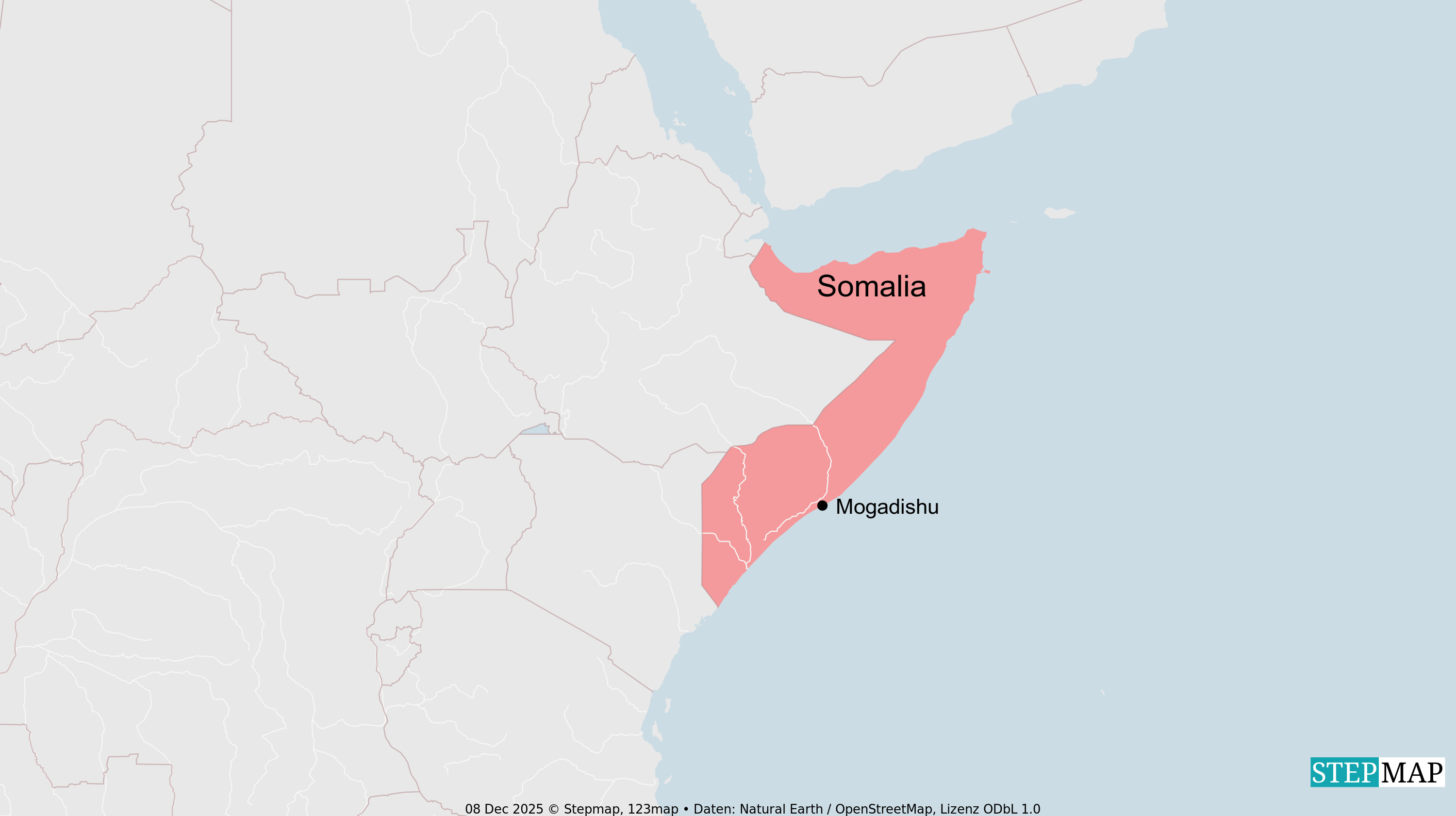Water
Dormant knowledge

Arab countries face a serious water crisis. Their water consumption far exceeds the natural rates of aquifer replenishment.
Human behaviour is guided by norms and values, which are often linked to religion. Muslims consider the Holy Qur’an a sacrosanct source of authority for individuals and religious leaders. When Jordan experienced a particularly harsh drought in 2010, public
authorities called for Salat al-Istisqaa’, a special prayer for rain performed by masses of believers.
Without a doubt, Muslim scholars’ views matter in the Arab world. To find out what they are taught by their instructors, a group of junior professionals from Cologne University of Applied Sciences (FH Köln) and the University of Jordan surveyed 140 students at the Faculty of Islamic Law (Sharia’ah) at Zarqa University in Amman in 2012.
It turned out that a large majority of Sharia’ah students (87 %) agreed that Jordan is currently facing a water crisis. However, they lacked accurate information on reasons, effects, concepts and solutions.
A majority (58 %) believed that industry and private households consume most of the water in Jordan. They were not aware that agriculture uses the lion’s share. Accordingly, the policies they promoted were counterproductive. Almost three quarters of respondents said that saving water at home was more important for coping with scarcity than improving efficiency in agriculture. Roughly one third stated that water should be allocated to irrigation first and foremost. About 40 % considered well drilling a solution, failing to understand that this practice is depleting critically low groundwater levels and thus compounding the problems.
Over 40 % of the surveyed said that water utility services are very expensive in Jordan. In truth, the utilities – and especially the sanitation sector – are heavily subsidised by the Jordanian government. A strong majority argued that public utilities should only charge for delivery costs, ignorant of the fact that managing water resources costs money too. Only 15 % agreed that customers should ultimately pay the full price of water (including capital and operational expenditure). To most of the students, however, it did not occur that, unless all costs are covered, utility services cannot be sustainable in the long run.
The Sharia’ah students are future teachers and preachers. They are future opinion leaders, whose views will guide other peoples’ behaviour in urban and rural areas. Indeed, most interviewed students (75 %) considered awareness campaigns the best way to respond to the water crisis, and preaching was seen as the most powerful information channel (42 %), before TV and the internet.
Bridging the gap
Despite Jordan’s dwindling water resources, religious curricula generally do not tackle water management or, at best, mention it only in passing. Some Islamic doctrines can help to explain and justify crucial issues such as user fees, resource protection or ownership, but the links between socio-economic challenges and spiritual values are not made.
In view of the water scarcity in the Arab world, one might expect Muslim leaders to be aware of potential solutions. The plain truth is that water does not really figure in Islamic scholarship. Leading Sharia’ah schools should consider that behavioural change can have a powerful impact on saving water resources – and that religious leaders could play an important role in bringing it about.
It would help if people were aware of important religious teachings. Water in the Holy Qur’an is far more than a public good. It is always related to God’s punishment and mercifulness. As water availability is an element of the Divine Will, water is holy. For instance, it is stated quite unequivocally in Surah Al-Mu’minun: “We send down water from the sky according to a due measure, then We cause it to settle in the soil – you should know that if We please, We can certainly take it away.” In the same vein, the Holy Qur’an teaches that God fills the wells, makes the rivers flow and recharges the aquifers.
These Surahs can be read in different ways:
- as an appeal to use this precious, God-given commodity sparingly or
- as humans not having any responsibility for water resources.
Obviously the latter interpretation will only exacerbate water-scarcity problems in the Arab world. Put into context, however, many Islamic concepts would help to explain why and how to protect and conserve water (see box).
In Jordan, two interactive workshops were conducted to enhance the students’ awareness. Some of them drafted the statutes of a new environmental club and established a social media group. Most participants were in favour of including water related Islamic teachings in their curriculum.
The way forward
However, much more needs to be done. Theologians should further investigate the matter, and religious authorities should validate relevant findings. Policy-makers should consider the potential of Islamic values for the betterment of society. In Jordan, the Ministry of Religious Affairs is such an authority. Students can promote the cause of developing Islamic doctrine on water and the environment at large by setting up environmental clubs at their universities.
Several development agencies including the UN have made raising awareness their top priority for achieving the Millennium Development Goal on water and sanitation. However, international donors tend to carefully avoid religious topics. This stance does not make sense given that religious leaders are highly influential people. Awareness campaigns are not designed well if they shy away from involving the most forceful opinion leaders in Muslim society.
Romuald Bolliger is currently an outreach expert with the Water-Culture Institute in Egypt. He is the lead author of this essay, which is based on research done by a team of students of the bicultural master course in Integrated Water Resources Management that is run by the University of Jordan and the Cologne University of Applied Sciences (FH Köln). Apart from Romuald Bolliger, the team included Abdulkhaleq Q. Alwan, Asma’a al Waaji and Hana Baddad.
r.bolliger@hotmail.com







